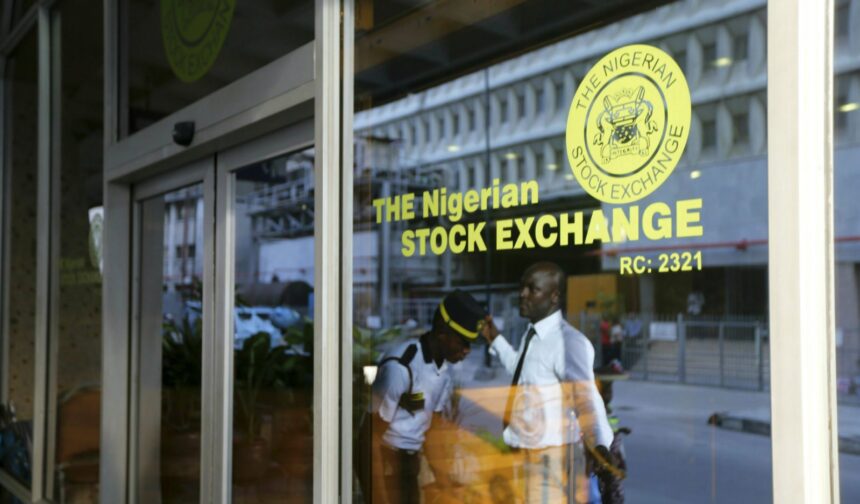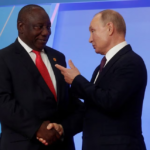Nigeria’s banking stock index rose more than 8% on Tuesday as local investors reacted to the suspension late last week of central bank governor Godwin Emefiele, who oversaw restrictive policies that cramped their earnings.
Tuesday was the first opportunity for investors to react to the news as Nigerian markets were closed on Monday for a public holiday.
President Bola Tinubu suspended Emefiele late on Friday with immediate effect, citing an ongoing investigation of his office and planned reforms in the financial sector.
Nigeria’s top 10 banking index (.NGSEBNK10) jumped 8.2% to lift the All-share index (.NGSEINDEX) 2.35% to 57,214.64 points by 1100 GMT.
“Banking index appreciation is a reflection of investor sentiment around a possible clean-up of the sector as indicated by the president,” Tajudeen Ibrahim, director of research at investment firm Chapel Hill Denham, said.
Tinubu had said at his inauguration last month that monetary policy needed cleaning up without providing details. He added that he wanted to boost lending, reduce interest rates and unify the country’s exchange rates.
Under Emefiele, the central bank had kept the rate of the naira artificially high, to avoid a devaluation which the then government would have regarded as a humiliation, but in practice it rarely sold dollars at the official exchange rate.
Instead, it would occasionally sell dollars at a second exchange rate, where the naira was much weaker against the dollar, and banks or companies would buy them anyway because it was the only way to get hold of dollars.
However, the commercial banks were allowed to sell dollars only at the official rate, making the system untenable for them.
The suspended governor had also kept high cash ratios making banks cautious to lend.
Zenith Bank (ZENITHB.LG) gained the maximum 10% allowed on the bourse. Ecobank (ETI.LG), Unity Bank (UNITYBN.LG), Sterling Bank (STERLINGNG.LG), UBA (UBA.LG), Wema Bank (WEMABAN.LG) and Stanbic IBTC Bank (IBTC.LG) climbed more than 9%.









